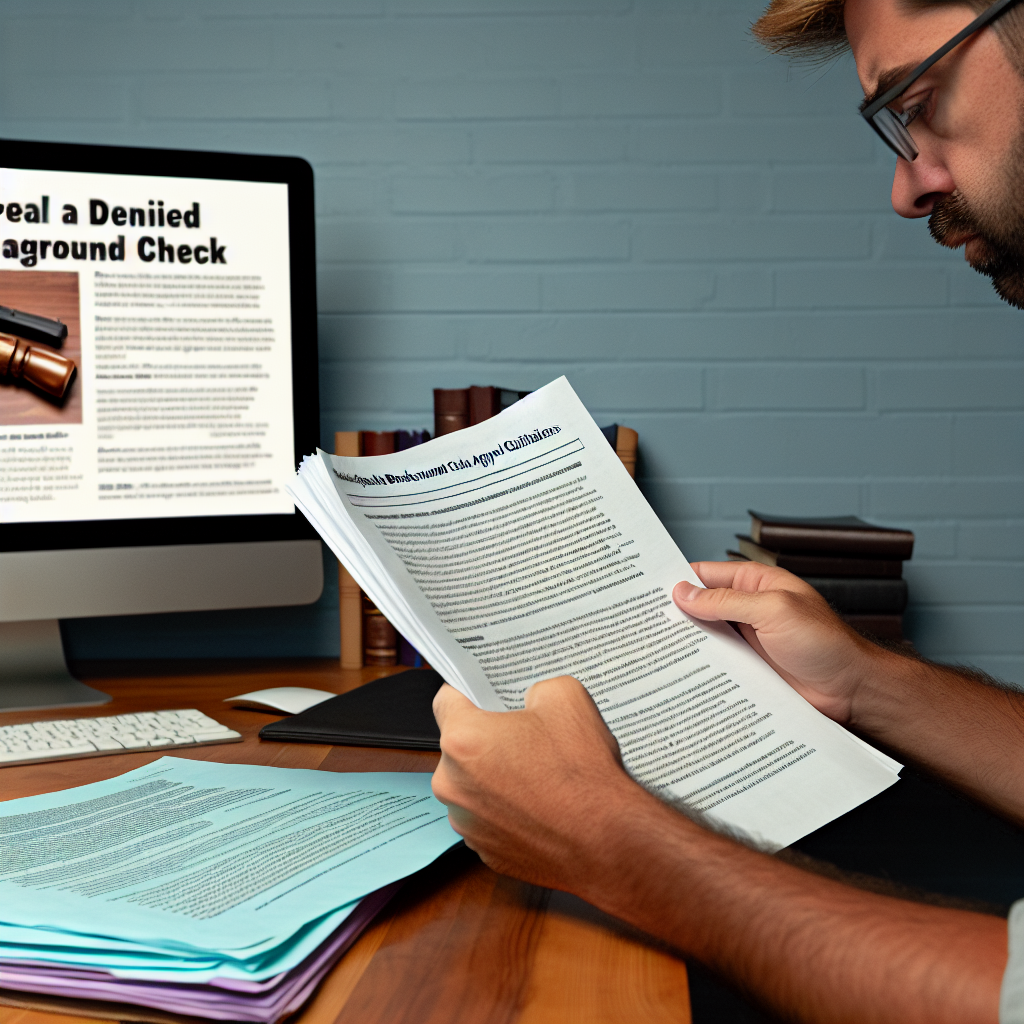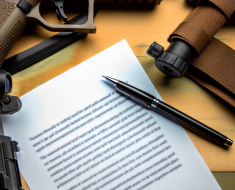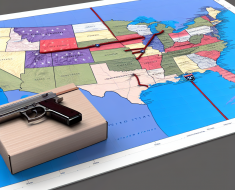How to Appeal a Denied Firearm Background Check

The process of purchasing a firearm in the United States involves mandatory background checks designed to prevent firearms from falling into the hands of individuals who are prohibited by law from owning them. However, there are times when these background checks result in denials that may be due to errors, outdated information, or misunderstandings. If you have experienced a denied firearm background check, it’s important to understand your rights and the procedures available to appeal that decision.
This article provides a comprehensive guide on how to appeal a denied firearm background check, including the legal framework, common reasons for denial, step-by-step instructions on filing an appeal, and practical tips for navigating this often complex process.
Understanding Firearm Background Checks and Denials
The National Instant Criminal Background Check System (NICS) is the primary tool used by federal firearms licensees (FFLs) to determine if a prospective buyer is eligible to purchase a firearm. Established by the Brady Handgun Violence Prevention Act of 1993, NICS checks are intended to screen out individuals with disqualifying records such as felony convictions, restraining orders, or certain mental health adjudications.
Despite this system’s intent and efficiency—processing over 40 million checks annually according to FBI statistics—errors can and do occur. According to the FBI’s annual report on NICS operations, roughly 0.3% of checks result in erroneous denials that require subsequent resolution.
- Common reasons for denial include:
- Mismatched personal information (e.g., name or date of birth discrepancies)
- Outstanding warrants or arrest records that may no longer be valid
- Past criminal convictions inaccurately attributed
- Mental health records incorrectly linked or outdated
- Clerical errors within state or federal databases
Understanding why your background check was denied is crucial before pursuing an appeal. The initial notification will often provide a reason code or explanation that guides your next steps.
The Legal Framework Behind Firearm Background Check Appeals
The right to appeal a denied background check is grounded in federal law under the Gun Control Act of 1968 (GCA). Specifically, when a NICS check results in a denial or delay beyond three business days without approval, the buyer has the right to request an administrative review and appeal.
The appeals process involves several key agencies:
- Federal Bureau of Investigation (FBI): Oversees the NICS system and handles appeals for denials originating from its database.
- State Law Enforcement Agencies: Some states maintain their own databases integrated with NICS and manage appeals for state-level denials.
- Bureau of Alcohol, Tobacco, Firearms and Explosives (ATF): Provides guidance but generally does not handle initial appeals directly.
A notable aspect of federal law is the “default proceed” rule: if no final determination is made within three business days after initiating a background check, the FFL may proceed with the sale unless prohibited by state law. This rule emphasizes the importance of timely resolution but also underscores why appeals should be initiated promptly.
Step-by-Step Guide: How to Appeal Your Denied Firearm Background Check
If you receive notice that your firearm purchase has been denied due to your background check results, follow these steps carefully:
1. Obtain Detailed Information About Your Denial
You must first obtain specific details about why your background check was denied. The FFL who attempted the sale can provide you with this information or direct you to the agency responsible for your case. You may receive a form letter indicating denial codes such as “NICS Reason Code” which help pinpoint issues.
2. Submit a Request for Appeal or Administrative Review
Once you know the reason for denial, you should submit an appeal either through:
- The FBI NICS Section: You can file an appeal by contacting the FBI’s NICS Section via mail or phone. The FBI website provides forms such as Form FD-1164 (“Request for Review”) specifically designed for this purpose.
- Your State’s Law Enforcement Agency: If your denial stems from state records, contact your state’s relevant agency—often the Department of Public Safety—to initiate their review process.
Your appeal should include:
- A written statement explaining why you believe the denial was incorrect
- A copy of any documentation supporting your claim (e.g., court documents proving expungement)
- Your full name, date of birth, and any identifiers used during your original application
3. Correct Any Errors in Records
If your denial stems from inaccurate records—such as mistaken identity or outdated criminal history—you need to work on correcting these records with appropriate authorities like courts or law enforcement agencies. Sometimes this involves filing petitions for record expungement or obtaining official letters clarifying your status.
4. Await Determination from Reviewing Agency
The reviewing agency typically has up to seven business days to respond after receiving an appeal; however, some cases take longer depending on complexity. During this time they will re-examine your records and make a final determination on eligibility






